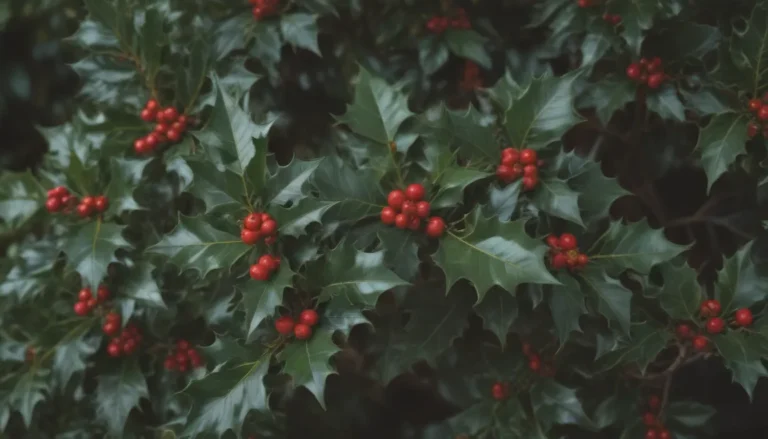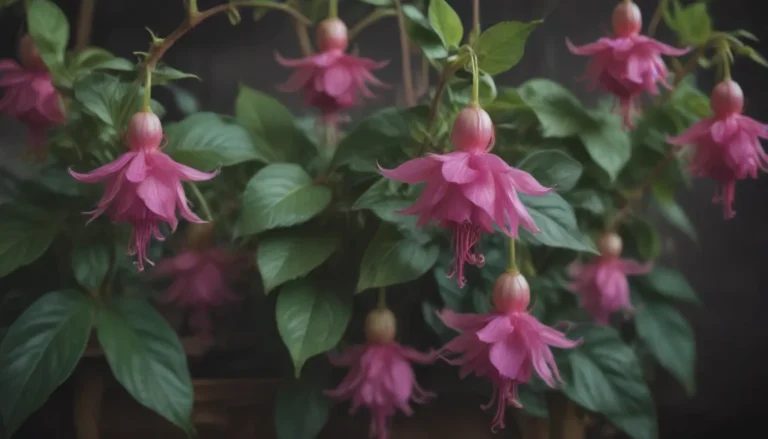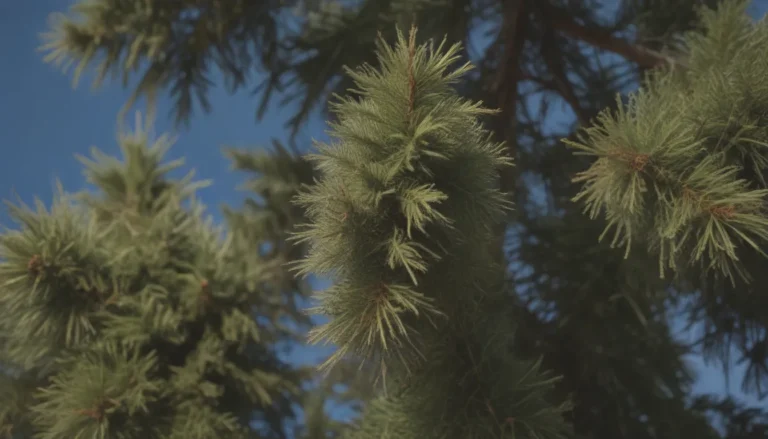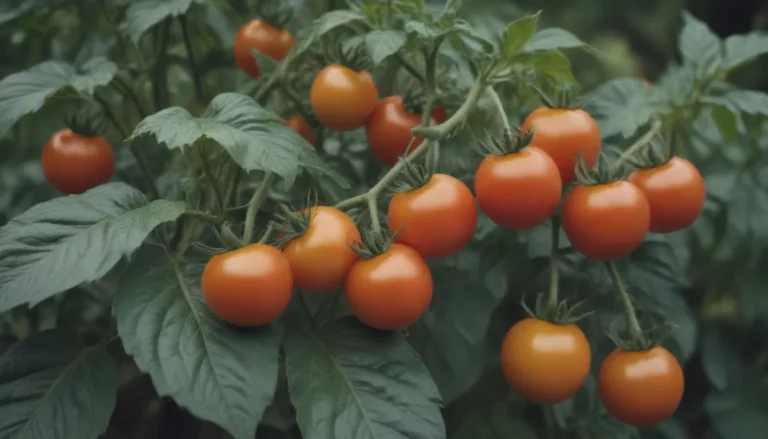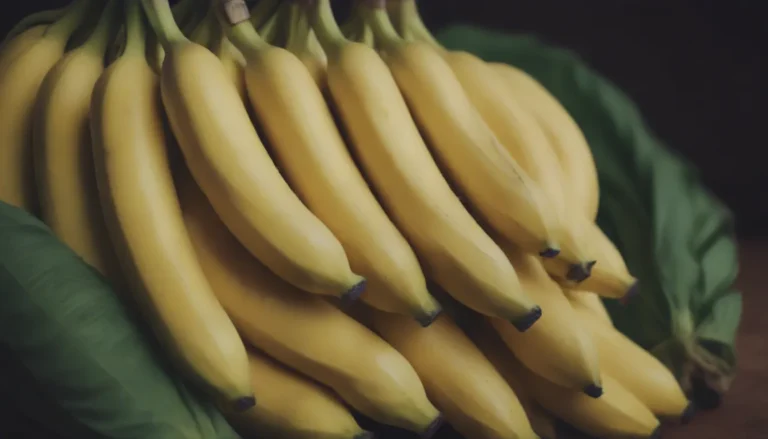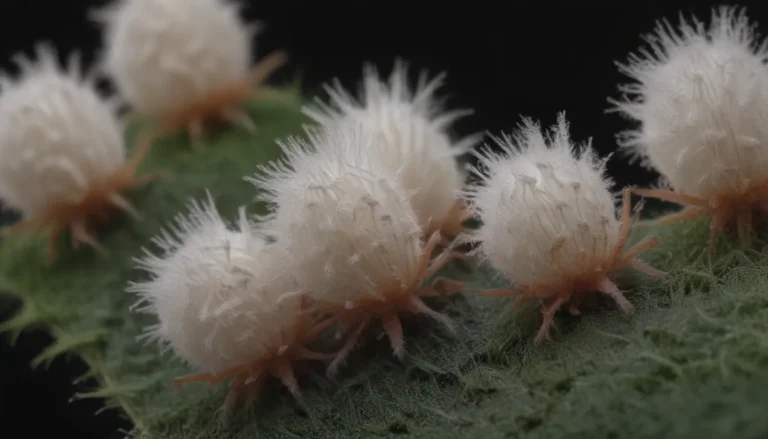A Comprehensive Guide to Controlling Ants in Your Flower Garden
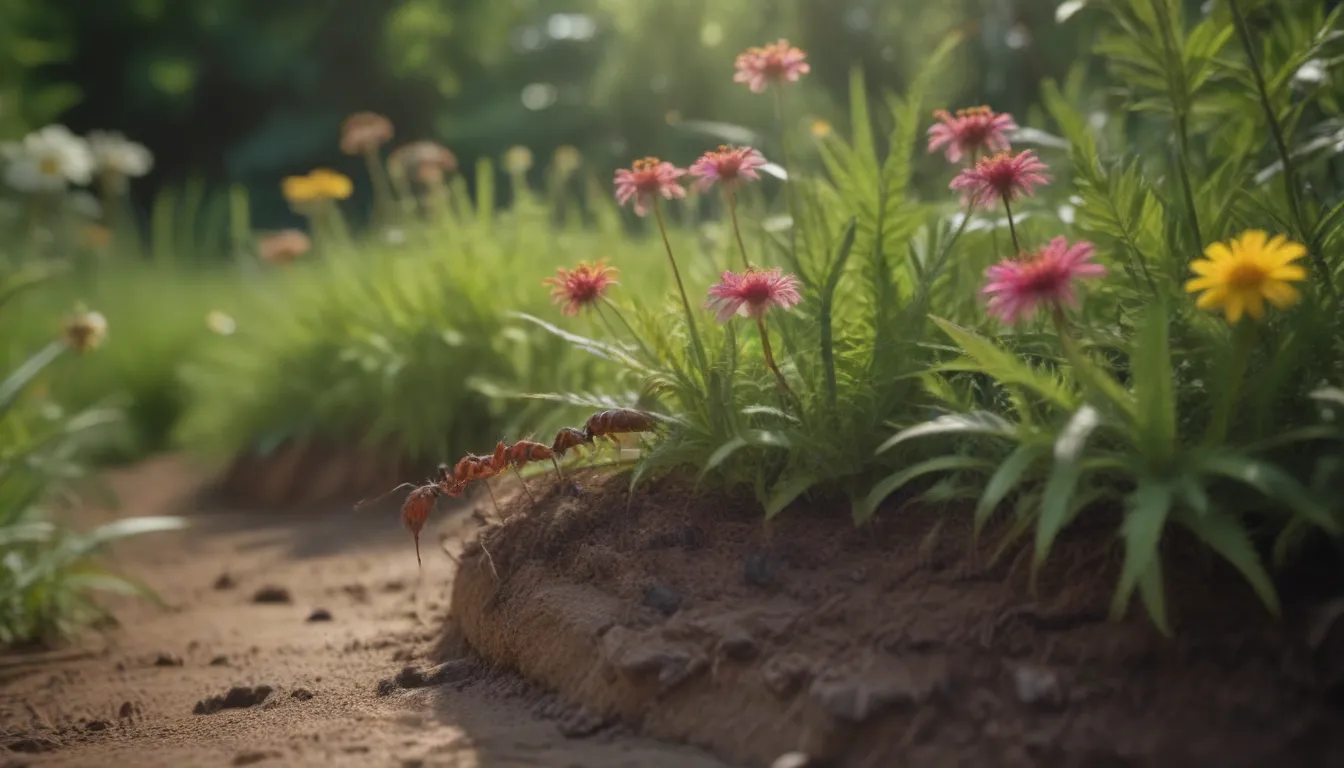
Ants are fascinating creatures that play a vital role in ecosystems, but when they start making themselves at home in your flower garden, it can lead to some unwanted consequences. While they may not directly harm your plants, they can create a variety of issues that many gardeners find concerning. In this detailed guide, we will explore the problems caused by ants in the garden, the benefits they bring, and most importantly, how to effectively control and prevent ant infestations in your flower garden.
The Role of Ants in the Garden
Horticulturalists often do not classify ants as garden pests, as they do not actively damage plants or spread diseases. In fact, some ants can even be beneficial to your garden’s ecosystem. However, certain species of ants can be aggressive and cause harm in various ways. Understanding the advantages and disadvantages of having ants in your garden is crucial before taking measures to control them.
Problems Caused by Ants in the Garden
While ants themselves might not be harmful to your plants, they can indirectly cause some issues in your garden:
- Aphid Farming: Some ants maintain a symbiotic relationship with aphids, using them to harvest honeydew as a food source. This can lead to aphid infestations that harm your plants.
- Aesthetic Damage: Ants can spoil the appearance of cut flowers in bouquets or create tunnels that compromise a plant’s root system.
- Erosion: Ground-nesting ants can disrupt soil stability and lead to erosion, affecting the health of your plants.
Benefits of Ants in the Garden
Despite these issues, ants can also offer some benefits to your garden:
- Pollination: Some ants help in the pollination process, contributing to the reproduction of various flowering plants.
- Pest Control: Certain ants prey on insect pests that can damage your garden plants.
- Soil Aeration: Ants help in aerating the soil, promoting better nutrient absorption for your plants.
Effective Ways to Get Rid of Ants
If you have decided that the problems caused by ants in your flower garden outweigh the benefits, there are several methods you can use to control and eliminate ant infestations:
1. Homemade Ant Repellants
Ants are sensitive to certain odors, so you can create natural repellants using essential oils or spicy ingredients:
- Experiment with cotton balls soaked in ant-repelling essential oils like mint, camphor, tansy, or clove oil.
- Create a mixture of hot peppers and water to spread in problem areas to drive ants away.
2. Borax Bait
Using borax mixed with honey or jelly can effectively target ant colonies without harming other insects:
- Place the mixture near ant activity, and the ants will carry it back to their queen, eventually eliminating the entire colony.
3. Baking Soda Bait
Baking soda is toxic to ants and less harmful to other animals, making it a safe and effective homemade bait:
- Mix powdered sugar and baking soda in equal parts and place it near the ant colony to attract and eliminate ants.
4. Sticky Traps
Prevent ants from climbing plants or fruits by using sticky traps:
- Use commercial sticky products or create your own traps with adhesive paper strips wrapped around plant bases.
5. Combat Aphids
Treat plant-damaging aphids first to stop the cycle of ant infestations:
- Identify and eliminate aphid infestations to remove the food source that attracts ants.
6. Emergency Treatment for Fire Ants
Fire ants require immediate and aggressive treatment due to their aggressive nature and painful bites:
- Use boiling water or vinegar to destroy fire ant colonies quickly and effectively.
How to Prevent Ants in Your Garden
While it’s challenging to completely ant-proof your garden, there are some preventative measures you can take to minimize ant infestations:
- Spray specific plants with citrus-based horticultural oil to repel ants.
- Keep the ground clean of fallen flowers and debris to eliminate ant habitats.
- Consider planting fragrant herbs like mint, lavender, or rosemary, known for repelling ants.
Frequently Asked Questions
Do Garden Ants Fly?
Garden ants in the reproductive stage are flying insects, with the common black garden ant usually mating in the fall.
How Long Do Garden Ants Live?
Worker ants can live up to four years, while queens can live for over 15 years if undisturbed.
Do Garden Ants Bite?
While garden ants are capable of biting, they typically only do so when accidentally touched, leading to minor irritation.
Are There Plants That Repel Ants?
Certain fragrant herbs like mint, lavender, and rosemary are known to repel ants when planted in your garden.
In conclusion, while ants can offer some benefits to your flower garden, it’s important to address ant infestations when they pose a threat to your plants’ health. By understanding the problems caused by ants, the methods to control them, and the preventative measures to keep them at bay, you can ensure a thriving and pest-free garden environment for your beautiful blooms. Remember to always consider the balance between the benefits and drawbacks of having ants in your garden before taking action to manage them effectively.
